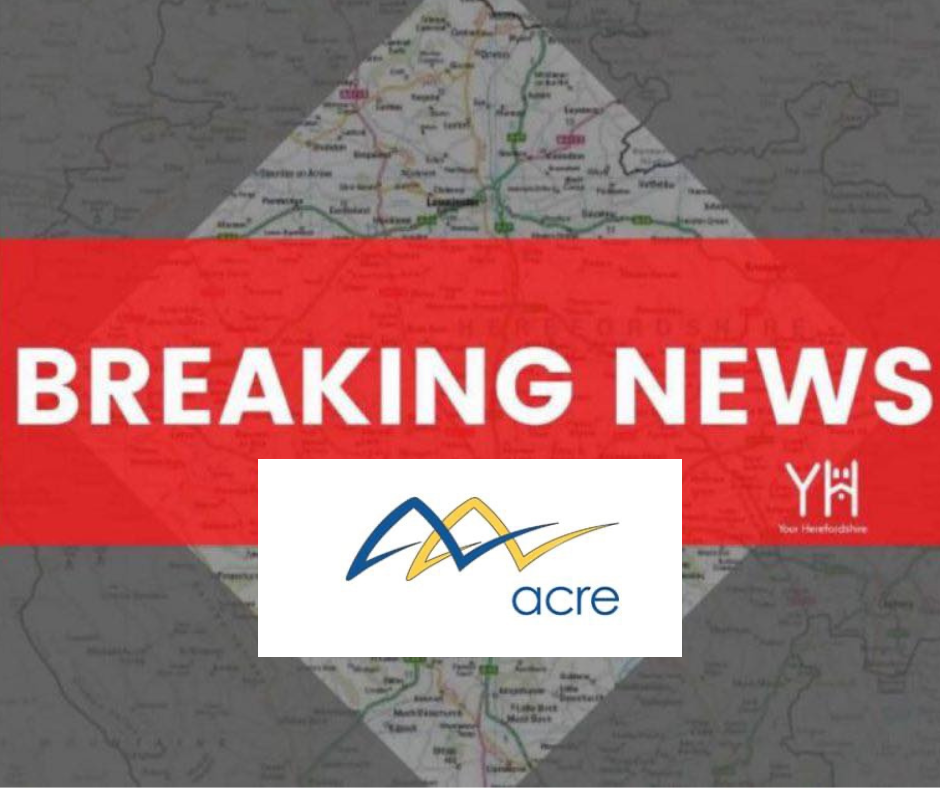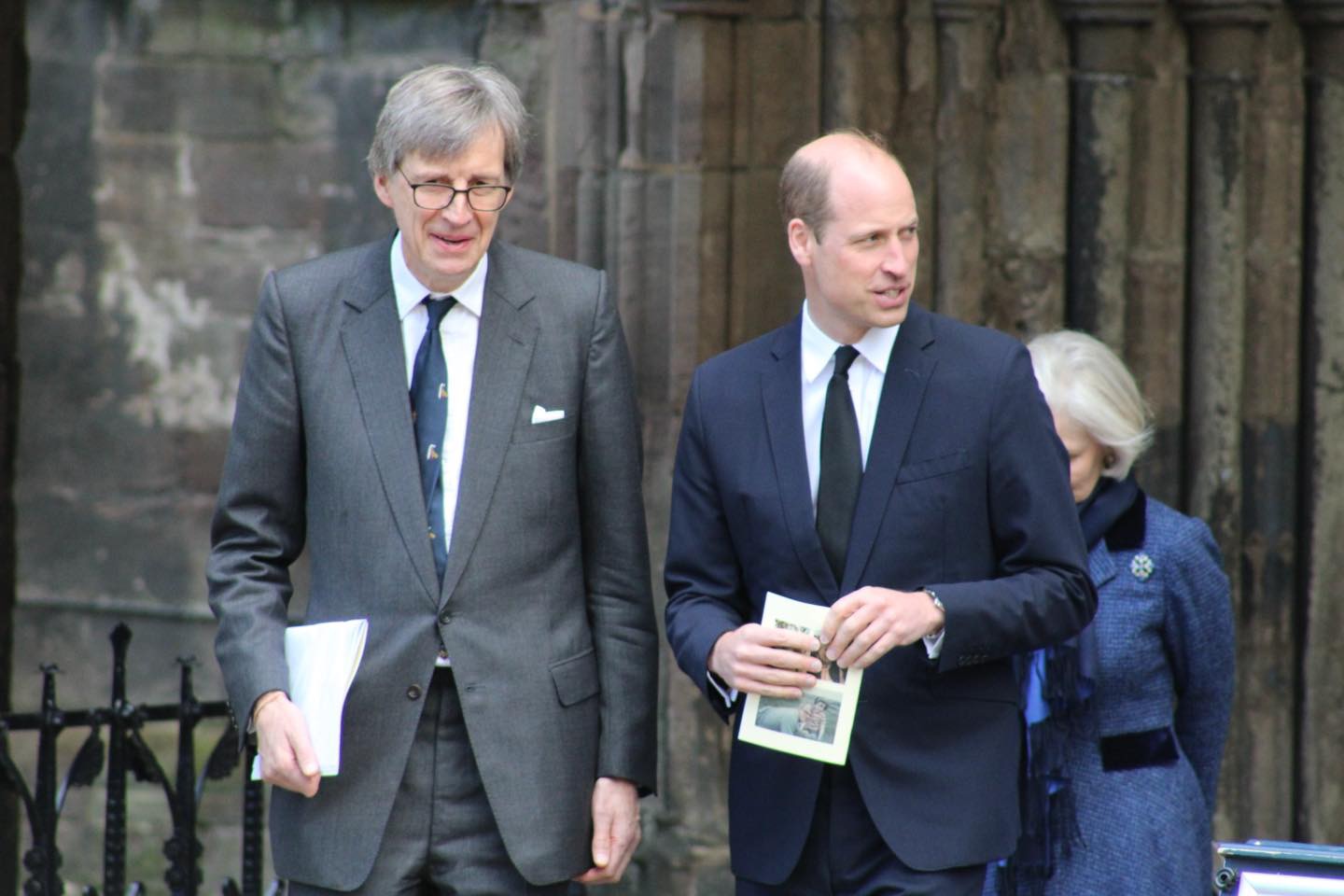The Environment Agency has issued an amber alert on the River Wye.
The Environment Agency have currently evaluated the early warning system at ‘amber’ as the water temperature has exceeded 20ºC.
Current status
- The Environment Agency have currently evaluated the early warning system at ‘amber’ as the water temperature has exceeded 20ºC.
- High temperatures can put fish at risk and trigger algal blooms.
- The Environment Agency advise cessation of salmon and trout fishing.
- Playing Atlantic salmon to exhaustion can cause mortality at high temperatures. A maximum water temperature of 20ºC is important for recovery and survival of salmon.
- To protect the River Wye’s important fish populations, please stop fishing for salmon and trout until we advise that temperatures have dropped to ensure effective catch and release.
- Take care over other fish species’ welfare, particularly for more sensitive species, including grayling, pike and barbel.
- Unhook fish in the water if possible and only take them out of the water for unhooking if absolutely necessary.
- Take photos of fish in the water – keeping a fish in the air, even for a few seconds, can greatly reduce its chances of surviving after capture and going on to spawn successfully.
- We are increasing our front-line surveillance and engagement to share our advice and look out for impacts
What is happening?
- The River Wye is a Special Area of Conservation, an important salmon fishery, and a statutory navigation.
- In recent years the river has experienced episodes of excessively high summer water temperatures which is associated with increased algal blooms.
- Algal blooms occur during periods of warm, settled, dry weather. We recognise that nutrient levels, such as those from agricultural pollution, increase the chances of algae developing.
- Algae are plants that change the water chemistry by fluctuating the levels of pH and dissolved oxygen. Algal blooms are harmful to the river habitat as they block sunlight from reaching plants in the water and use up oxygen in the water at night, which can suffocate fish and other wildlife.
- Changes in water temperatures, algae composition and dissolved oxygen can stress or kill fish and contribute to ecological decline in the river, particularly among other aquatic plant communities.
- There are many types of algae. Some pose a small risk to human and animal health through direct contact with them, although these are usually blue-green algae which are more commonly associated with still waters rather than watercourses like the River Wye.
What is the Environment Agency doing about it?
- The Environment Agency is continuing to assess the river temperature and water quality and has deployed monitoring equipment to do so.
- We have developed an early warning system to enable us to scale up our monitoring, incident planning and response, and inform stakeholders if there are high water temperatures and/or possible algal blooms. There are three phases which recognise the different scale of response needed depending on severity of the issue (red, amber, and green).
- As well as monitoring temperature, the Environment Agency monitors the levels of chlorophyll within the water column to identify environmental impacts of algal blooms and is taking samples to determine the species of algae present.
- Depending on the trigger and phase of the plan, key messages will be communicated to stakeholders, such as angling clubs, landowners and abstractors. Messages will include advice and whether action is needed, for example by reducing angling or using alternative water supplies.
- Our monitoring equipment will also allow us to provide further evidence that will assist our water quality investigations.
- In the longer term, the Environment Agency is working with Natural England, Natural Resources Wales, water companies, farmers, conservation organisations and local authorities, to continue to address the causes and impacts of poor water quality in the River Wye through regulation and pro-active partnership projects.
How you can help
- If you see dead fish, fish in distress or gasping at the water surface, please contact the Environment Agency 24-hour incident hotline on 0800 80 70 60 or email ics@environmentagency.gov.uk to report.
- Please also use the incident hotline number or email if you suspect pollution or witness impacts due to an algal bloom, so that we can investigate, and issue advice and guidance where necessary.
- You can sign up to the alerts or encourage others to sign up to the alert messages by contacting engagement_westmids@environment-agency.gov.uk .
- When you receive a change in the alert level, please act accordingly
Source: River Wye Water Quality – Environment Agency – Citizen Space (environment-agency.gov.uk)




